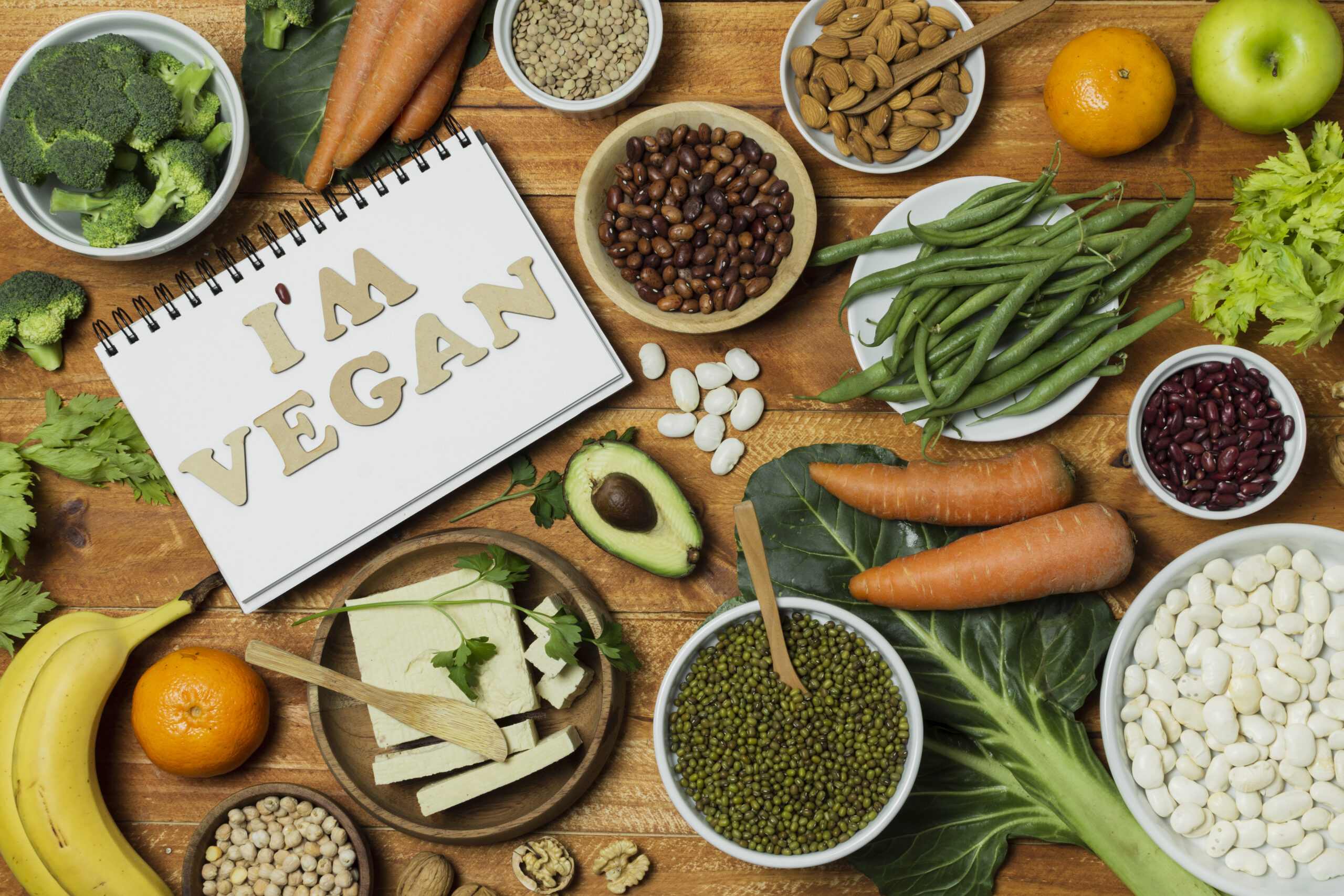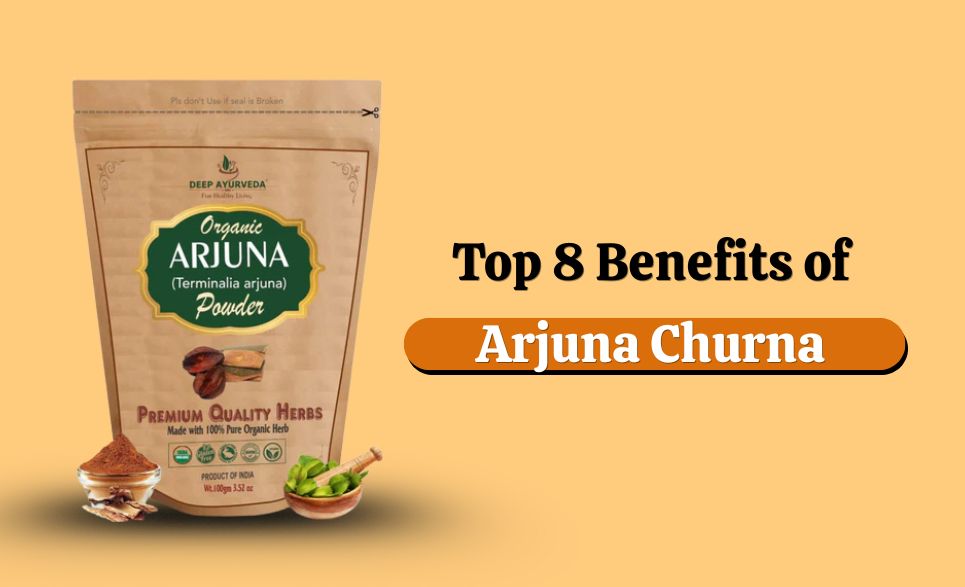
Integrative Ayurvedic Management of Motor Neuron Disease (MND): A Deep Ayurveda Perspective
MND Ayurvedic treatment in Mohali offers a holistic approach to managing Motor Neuron Disease (MND), which represents a group of progressive neurodegenerative disorders that selectively impair motor neurons — the nerve cells responsible for voluntary muscle movement. As these neurons deteriorate, patients experience escalating muscle atrophy, stiffness, and eventually respiratory failure.
While modern neurology classifies MND as an irreversible condition, Ayurveda offers a unique lens by identifying its pathology under Vatavyādhi, specifically implicating Māṃsa, Snāyu, and Majjā Dhātu Kṣaya.
 Clinical Taxonomy of MND (Modern Insight)
Clinical Taxonomy of MND (Modern Insight)
 Common Subtypes:
Common Subtypes:
-
- Amyotrophic Lateral Sclerosis (ALS) – Upper + lower motor neuron damage
-
- Primary Lateral Sclerosis (PLS) – Upper motor neurons only
-
- Progressive Muscular Atrophy (PMA) – Predominantly lower motor neuron involvement
-
- Progressive Bulbar Palsy (PBP) – Affects speech and swallowing via bulbar nerves
 Etiological Factors:
Etiological Factors:
-
- Genetic Mutations (SOD1, TARDBP, C9orf72)
-
- Environmental Neurotoxins (pesticides, viruses, metals)
-
- Mitochondrial Dysfunction and Oxidative Stress
-
- Excitotoxicity due to glutamate buildup
 Ayurvedic Interpretation of MND: Vatavyādhi Framework
Ayurvedic Interpretation of MND: Vatavyādhi Framework
Although “MND” is not explicitly named in classical Ayurvedic texts, its symptoms closely mirror Vātaja Nanātmaja Vikāras, such as:
 Ayurvedic Correlates:
Ayurvedic Correlates:
-
- Sarvāṅgavāta – Generalized neuromuscular degeneration
-
- Snāyu-gata Vāta – Tendon/neuromuscular dysfunction
-
- Māṃsa-Kṣaya – Muscular atrophy
-
- Kampavāta – Involuntary tremors & spasms
 Nidānam (Ayurvedic Causative Factors):
Nidānam (Ayurvedic Causative Factors):
As per Charaka Saṃhitā:
Ativyāyāma (over-exertion), rukṣa/kaṭu/tikta āhāra (dry, pungent, bitter food), dhātu-kṣaya (tissue depletion), śīta-prabhāva (cold exposure), and psychological stress are major contributors to Vāta aggravation.
 Lakṣaṇam (Clinical Features in Ayurveda)
Lakṣaṇam (Clinical Features in Ayurveda)
“Vepathuḥ, stabdhatā, rūkṣatvaṁ, śoṣaḥ, pāruṣyam…” — Aṣṭāṅga Hṛdaya
Classical Symptomatology:
-
- Māṃsa-śoṣaḥ – Muscular wasting
-
- Sthambhaḥ – Rigidity
-
- Vaktra-bhāṣā-doṣaḥ – Speech difficulties
-
- Gati-mandatvaṁ – Slow movement
-
- Daurbalyaṁ – Fatigue
-
- Śūnyatā – Numbness/loss of sensation (late stage)
 Deep Ayurveda’s Integrative Ayurvedic Treatment in Mohali for MND
Deep Ayurveda’s Integrative Ayurvedic Treatment in Mohali for MND
Deep Ayurveda, located in Mohali, stands as a premier Ayurvedic center for MND treatment. Our approach synergizes classical Ayurvedic therapies with modern diagnostics, offering a holistic solution to neurodegenerative conditions.
 Cikitsā Sūtram (Therapeutic Principles)
Cikitsā Sūtram (Therapeutic Principles)
“Sneha, Sweda, Upanāha, Abhyanga, Nābhi, Basti – all are Vāta-pacifying therapies.” – Charaka Saṃhitā
 Core Therapeutic Modules for MND
Core Therapeutic Modules for MND
 Snehana (Oleation Therapy)
Snehana (Oleation Therapy)
-
- Internal: Kṣīrabala Taila, Ashwagandhādi Ghṛita
-
- External: Abhyanga with Deep Ayurveda’s Vāta-hara Tailam
 Swedana (Herbal Sudation)
Swedana (Herbal Sudation)
-
- Nāḍī Sweda and Pinda Sweda with Balā, Ashwagandhā, Chandana
 Basti Chikitsā (Medicated Enemas) – Supreme Vāta-Pacifier
Basti Chikitsā (Medicated Enemas) – Supreme Vāta-Pacifier
“Bastiḥ Vātaharāḥ Śreṣṭhaḥ Sarva-Vāta-Vikāraṇām” — Charaka
-
- Anuvāsana Basti: Bala Taila, Mahānarāyaṇa Taila
-
- Nirūha Basti: Decoctions of Daśamūla, Gudūcī, Yasṭimadhu, Ashwagandhā
 Rasāyana Therapy (Tissue Regeneration)
Rasāyana Therapy (Tissue Regeneration)
“Rasāyanānāṁ grahaṇena dhātu-saṁtatir bhavati” – Suśruta
Deep Ayurveda’s proprietary Rasāyana support includes:
-
- Ashwagandhā Capsules, Kapikacchu Tablets, Shatāvarī Churna, Brahmī Ghṛita, Majjā-Rasāyana Leha
 Specialized Panchakarma
Specialized Panchakarma
-
- Śirodhārā with Brahmī Taila – Stress & mental channel relaxation
-
- Śirobasti & Mūrdha-Tailam – Nervous system nourishment
-
- Nasya with Anu Taila & Bala Taila – Cranial Vāta pacification
 Summary Table: MND vs. Ayurvedic Framework
Summary Table: MND vs. Ayurvedic Framework
| Ayurvedic Correlate | MND Manifestation |
|---|---|
| Vatavyādhi | Progressive neuromuscular degeneration |
| Māṃsa-Kṣaya | Muscle wasting and fatigue |
| Snāyu-gata Vāta | Coordination & motor dysfunction |
| Majjā Dhātu-Kṣaya | Nerve degeneration |
| Basti Karma | Principal intervention |
| Rasāyana Therapy | Neuro-regeneration |
 Why Deep Ayurveda is the Best Ayurvedic Doctor in Mohali for MND
Why Deep Ayurveda is the Best Ayurvedic Doctor in Mohali for MND





 Conclusion
Conclusion
From an Ayurvedic standpoint, Motor Neuron Disease (MND) aligns with Vātaja conditions marked by Snāyu, Māṃsa, and Majjā Dhātu degeneration. Deep Ayurveda’s approach—rooted in Snehana, Basti, Rasāyana, and personalized Panchakarma—offers a holistic and sustainable path to slow disease progression and improve the quality of life.
 Connect With Deep Ayurveda Today!
Connect With Deep Ayurveda Today!
For expert consultation and Ayurvedic treatment in Mohali for MND, visit your nearest Deep Ayurveda center in Mohali, Panchkula, or Chandigarh.





 Clinical Taxonomy of MND (Modern Insight)
Clinical Taxonomy of MND (Modern Insight) Common Subtypes:
Common Subtypes: Etiological Factors:
Etiological Factors: Ayurvedic Interpretation of MND: Vatavyādhi Framework
Ayurvedic Interpretation of MND: Vatavyādhi Framework Nidānam (Ayurvedic Causative Factors):
Nidānam (Ayurvedic Causative Factors): Lakṣaṇam (Clinical Features in Ayurveda)
Lakṣaṇam (Clinical Features in Ayurveda) Deep Ayurveda’s Integrative Ayurvedic Treatment in Mohali for MND
Deep Ayurveda’s Integrative Ayurvedic Treatment in Mohali for MND Cikitsā Sūtram (Therapeutic Principles)
Cikitsā Sūtram (Therapeutic Principles) Core Therapeutic Modules for MND
Core Therapeutic Modules for MND Snehana (Oleation Therapy)
Snehana (Oleation Therapy) Swedana (Herbal Sudation)
Swedana (Herbal Sudation) Basti Chikitsā (Medicated Enemas) – Supreme Vāta-Pacifier
Basti Chikitsā (Medicated Enemas) – Supreme Vāta-Pacifier Rasāyana Therapy (Tissue Regeneration)
Rasāyana Therapy (Tissue Regeneration) Specialized Panchakarma
Specialized Panchakarma Summary Table: MND vs. Ayurvedic Framework
Summary Table: MND vs. Ayurvedic Framework Why Deep Ayurveda is the Best Ayurvedic Doctor in Mohali for MND
Why Deep Ayurveda is the Best Ayurvedic Doctor in Mohali for MND Conclusion
Conclusion Connect With Deep Ayurveda Today!
Connect With Deep Ayurveda Today!
